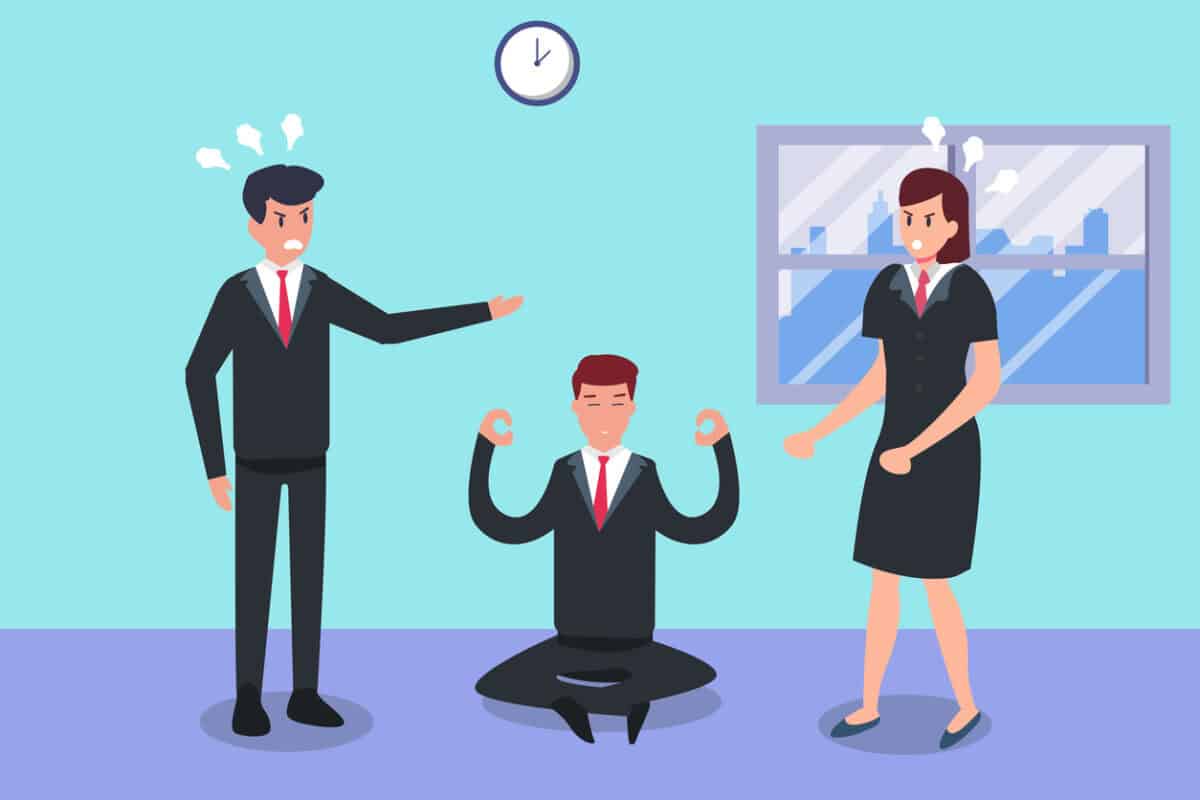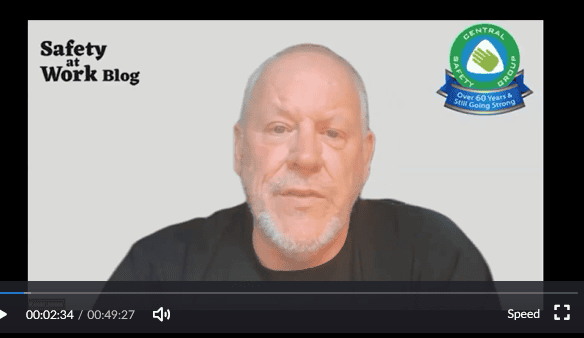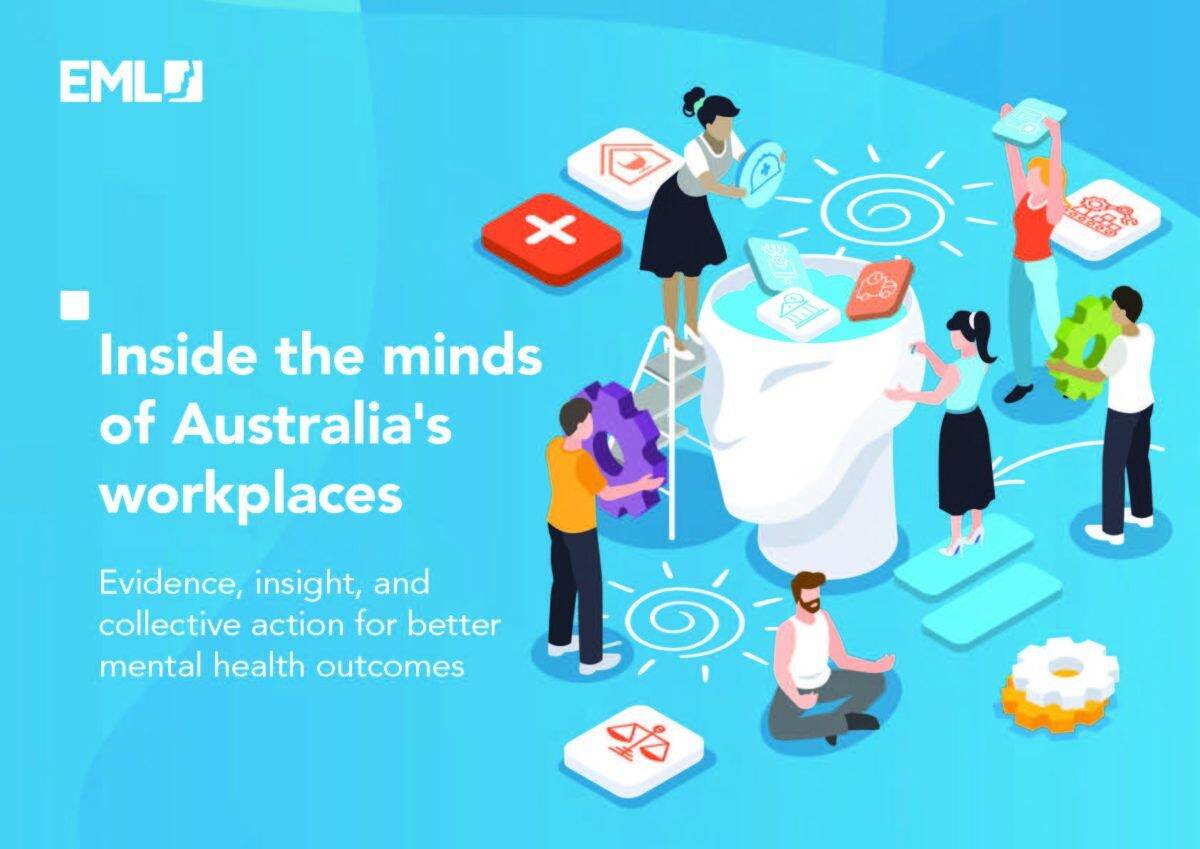Victoria is developing its own Code of Practice for managing (and hopefully preventing) psychosocial hazards in the workplace, ahead of amendments to its occupational health and safety (OHS) laws in late 2025. But how powerful and enforceable can a Code of Practice be? A new book by Arie Freiberg, “Regulation in Australia“, helps explain this, but the future could look better.
Category: human resources
OHS Challenges: Neglected Business Element Faces Profit Conflicts and Misaligned Perspectives
Sometimes you need to stop what you’re doing and reflect. This could relate to life, work, values or more. I was invited to talk to the Central Safety Group (CSG) this week on “Challenging Mainstream OHS Views”, so I stopped, thought, and jotted down some personal opinions to discuss. It was a helpful exercise.
First steps in preventing psychological harm at work may be the hardest
Occupational health and safety (OHS) podcasts are increasingly common. They are reaching peak-podcast just as peak-blog may have done a few years ago, BUT the increased attention to workplace psychological health continues to create more. A new, short, informative, and useful one is “Inside Safety” with lawyers Steve Bell and Nerida Jessup.
Self-Reported Stress or Diagnosed Distress? New Mental Health White Paper Sparks Debate
On June 3 2025, workers’ compensation insurer EML released its white paper on mental health in Australian workplaces. The paper is full of recent data on worker perceptions of psychological health; however, its significance is limited by relying on self-reported survey data. More interesting information came from the Question and Answer panel session at the report’s Melbourne launch.
Stakeholder vs. Shareholder: The Capitalism Clash Shaping Safer Workplaces
Elements of Andrew Hopkins’ latest book have been spinning in my head for a couple of weeks as they echo my thoughts on occupational health and safety (OHS) over the last few years. I cannot shake his discussion of stakeholder capitalism and shareholder capitalism. These two elements of business management are crucial to our understanding of OHS and how we should proceed, particularly in relation to psychological health.
Pyrrhic IR prosecution that ignores the OHS context
Recently, sentencing in a court case in Melbourne has generated much online chatter about excessive working hours and the exploitation of workers in a small law practice. One report of the $A50,000 fine against Erudite Legal says that the company:
“…forced a junior lawyer to work up to 24-hour days and watch an ice hockey movie at 1am so she could understand her boss’ philosophical position”.
Other media reports provide more details of the successful prosecution, but the occupational health and safety (OHS) context is mostly absent.
Australia needs an “OHS for HR” book
SafeWorkSA has published fascinating information about preventing “harmful workplace behaviours.” The webpage’s eye-catching part is the Hierarchy of Controls for Managing the Risk of Harmful Workplace Behaviours, but the article is curious.
The audience for information from occupational health and safety (OHS) regulators is supposedly everyone, but it is rarely read by anyone other than OHS advocates. However, any information about psychosocial risks and hazards needs to be written in a tone that attracts the attention of those in businesses who have established ownership of these hazards, primarily the Human Resources (HR) person. SafeWorkSA’s page fails to reach this target.







